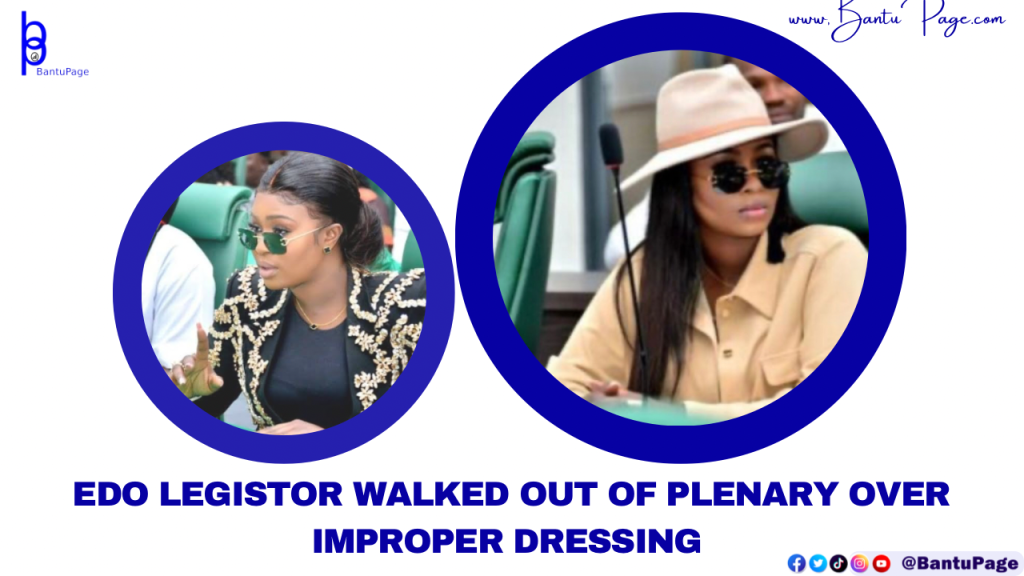
On Wednesday, the speaker of the Edo State House of Assembly, Blessing Agbebaku, ordered the Deputy Majority Leader of the House, Natasha Osawaru, out of plenary for donning what he coined “improper dressing,” which included blackout sunglasses.
Is there a legal provision requiring members to meet certain outfits? If so, who polices such outfits? Improper dressing is a vague term that is open to interpretation. With limited females in the Nigerian legislature, misogyny could not escape one’s mind given that the only time “improper dressing” was evoked it involved a male legislator imposing such an undefined standard on a female colleague.
By universal standards, the outfit in question seemed entirely acceptable and decent. To reach a consensus on what constitutes “improper dressing,” the lawmaker should define the term, connecting its relevance to the law so it gives a feeling of fairness. Indecent and improper outfits have been used in Nigeria to quantify and sexualise the female body for decades. Purity culture is still very rife in patriarchal Nigeria, and this has squeezed women into the corner for far too long; someone has to stand their ground to deter another unelected Nigerian fashion police male from dictating what and how a woman should dress.
Natasha Osawaru donned a long-sleeved khaki shirt, a hat, and sunglasses. This is reminiscent of people in the south-south—from former president Goodluck Jonathan, former governor of Rivers, current FCT minister Nyesom Wike, and many more. As long as such incidents get swept under the rug, men will continue assuming the unelected fashion police, who call the shots on what women should wear and what qualifies as an improper or indecent outfit.
By Chioma Okonkwo





